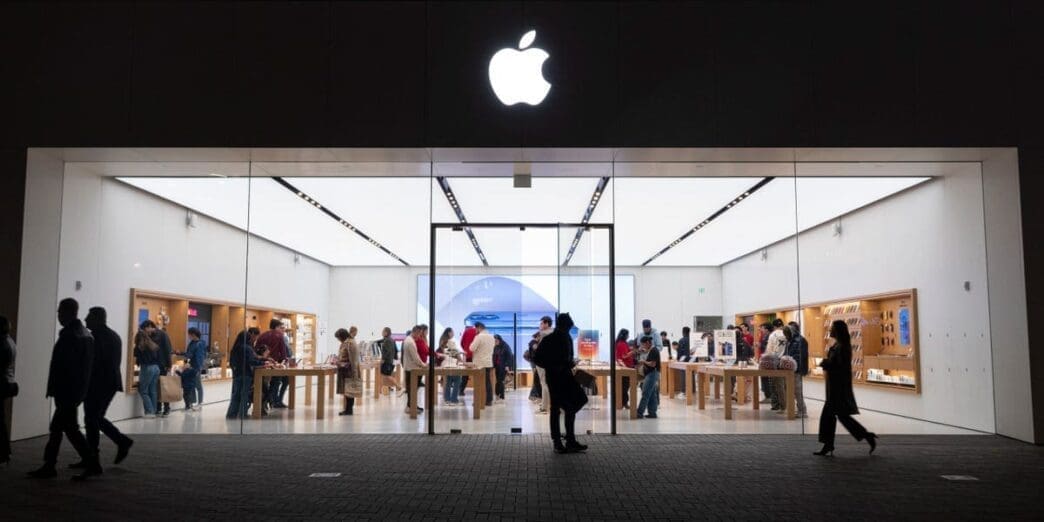Consumer technology spending in 2025 is projected to reach a historic high, contingent upon the absence of proposed tariffs by the incoming Trump administration, as analyzed by the Consumer Technology Association (CTA).
The Consumer Technology Association (CTA) has forecasted that consumer spending on technology could hit a remarkable $537 billion in 2025. However, this optimistic outlook faces significant hurdles due to potential tariffs promised by President-elect Donald Trump. These tariffs, if implemented, could severely impact the projected growth in revenue for the consumer tech industry.
President-elect Trump has proposed broad tariffs, including a 10% to 20% blanket tariff on all imports and possibly more than 60% on goods imported from China. The CTA report warns that such sweeping tariffs could dramatically shrink the demand for consumer electronics, which heavily rely on Chinese manufacturing. As a result, additional costs could potentially erode consumer purchasing power by $90 billion to $143 billion.
Despite the looming threat of tariffs, the industry anticipates a “super cycle” of consumer tech upgrades in 2025, driven by advancements in artificial intelligence. At the recent CES 2025 in Las Vegas, Brian Comiskey, a futurist at CTA, emphasized the potential for growth in tech hardware upgrades, should the tariffs not come into play.
Historically, economists have asserted that tariffs elevate consumer prices, citing increased costs on essential electronics such as laptops, tablets, and smartphones. The CTA highlights that under Trump’s proposed tariffs, laptop and tablet prices could soar by 45%, smartphones by 25%, and televisions by 9%. Video games and consoles would also see significant price hikes, which could dampen consumer enthusiasm and spending.
The specifics of how the incoming administration plans to implement these tariffs remain uncertain. Although there have been discussions of less expansive tariffs, President-elect Trump has dismissed these claims, reaffirming his commitment to a stringent tariff policy. He articulated on social media platform Truth Social that any suggestion of a softened approach to tariffs is “wrong.”
The potential for record-breaking consumer tech spending in 2025 is highly dependent on the tariff decisions of the incoming administration. Without the implementation of the proposed tariffs, the industry could experience substantial growth. However, if tariffs are imposed, the projected increase in consumer spending may not materialize, posing significant challenges for both manufacturers and consumers.
Source: Businessinsider








